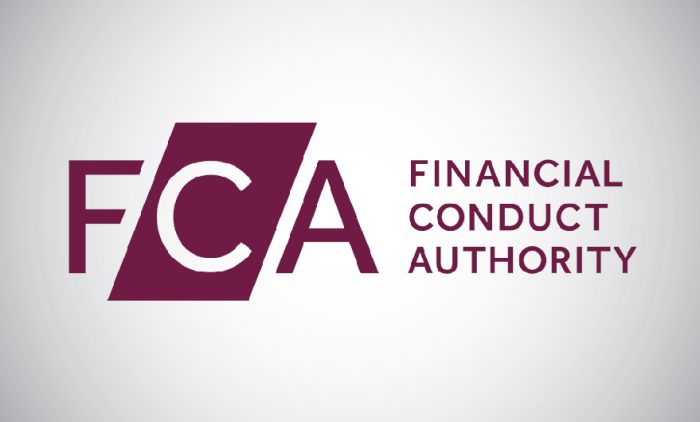The Financial Conduct Authority (FCA) in the UK has recently voiced concerns regarding the conduct of investment platforms and Self-Invested Personal Pension (SIPP) operators, particularly in their management of the interest earned on customer cash balances. A problematic practice identified by the FCA, known as ‘double dipping,’ involves firms charging customers an additional fee for holding their cash, which the regulator aims to eliminate.
FCA Instructs Investment Firms To Stop “Double Dipping” by February

This concern emerged following an FCA survey involving 42 investment platforms, which revealed that a majority retain a portion of the interest accrued on customer cash balances.
The FCA’s findings indicate that 71% of these platforms keep some of the interest, with retention rates ranging from 10% to 100%, averaging around 50%. Additionally, 61% of these firms impose a platform fee on cash held by customers.
Sheldon Mills, the FCA’s Executive Director of Consumers and Competition, emphasized the significance of the issue in light of increasing interest rates, which lead to higher returns on cash. Mills insisted that investment platforms and SIPP operators must justify the fairness of the interest they retain and the fees charged to customers holding cash.
Don’t miss out the latest news, subscribe to LeapRate’s newsletter
The FCA is urging firms to ensure their approach to retaining interest provides fair value to customers, aligning with the newly implemented Consumer Duty rules. Firms have been given a deadline of 29 February 2024 to make the necessary adjustments, with the requirement to confirm their compliance and outline their changes to the FCA by 31 January 2024.
Contrasting the UK’s scenario of ‘double dipping’ charges, several investment platforms in the US and other regions are increasing interest payments to their customers. For example, Webull’s Australian division recently introduced a cash management tool offering a 5.4% yield on idle cash.
This situation highlights differing practices in the management of customer cash balances across global financial markets.